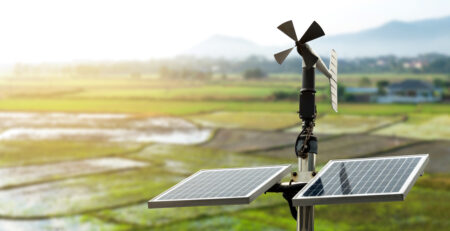Rail passengers are willing to pay a higher fare to access the internet during their commute
The Department for Transport (DfT) yesterday released a study exploring how rail users value and use mobile connectivity on trains. It also shows evidence that passengers are willing to pay up to 17% more on rail fares above existing ticket price for improved connectivity on mobile and internet network access.
This study follows the 2015 Government consultation on improving mobile communications for UK rail passengers, as well as the Coalition Government’s pledge to roll out free Wifi on trains across England and Wales from 2017. The report finds that some groups of passengers would be willing to accept the costs of improvements to connectivity on trains, saving costs for the government and industry.
The Mobile Connectivity Research Study, carried out by Steer Davies Gleave, is based on responses gathered from interviews given, face to face, via post, and via website, to 2,007 rail passengers between November 2015 and January 2016.
The study found that up to 65% of respondents had either used the internet during their trip, or expected to do so by the end of their journey, with 79% of these accessing the internet via 3G or 4G networks.
People in each identified travel group (business, commute, leisure) were generally willing to pay significantly more on their fare (between 9% and 17% above original cost) in return for a basic level of internet provision.
People in all three travel groups are, on average, willing to pay a significant uplift on their fare (13% to 17% more) to get mobile phone provision at 50% reliability. They are willing to pay an additional 6%-7% to gain a further improvement to 80% reliability.
Those travelling for business and commuters travelling for longer than 30 minutes were willing to spend more money than other groups across the board, due to the increased productivity that would come from being connected via telephone and e-mail.
Passengers would pay much smaller additional increments to reach the higher levels of internet service, and 81% of respondents valued reliability and consistency of connection as having higher importance than speed of connection.
The research will hopefully play a role in determining how we improve connectivity on trains, a campaign which techUK are leading with BSG support.






